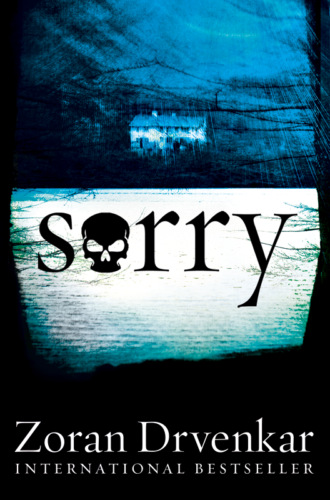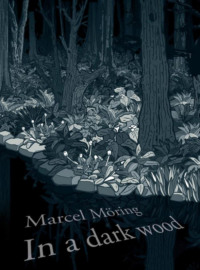Sorry

Полная версия
Sorry
Жанр: приключенияужасы / мистикадетективызарубежные приключениятриллерысовременная зарубежная литератураужасыкниги о приключениях
Язык: Английский
Год издания: 2019
Добавлена:
Настройки чтения
Размер шрифта
Высота строк
Поля
Конец ознакомительного фрагмента
Купить и скачать всю книгу

